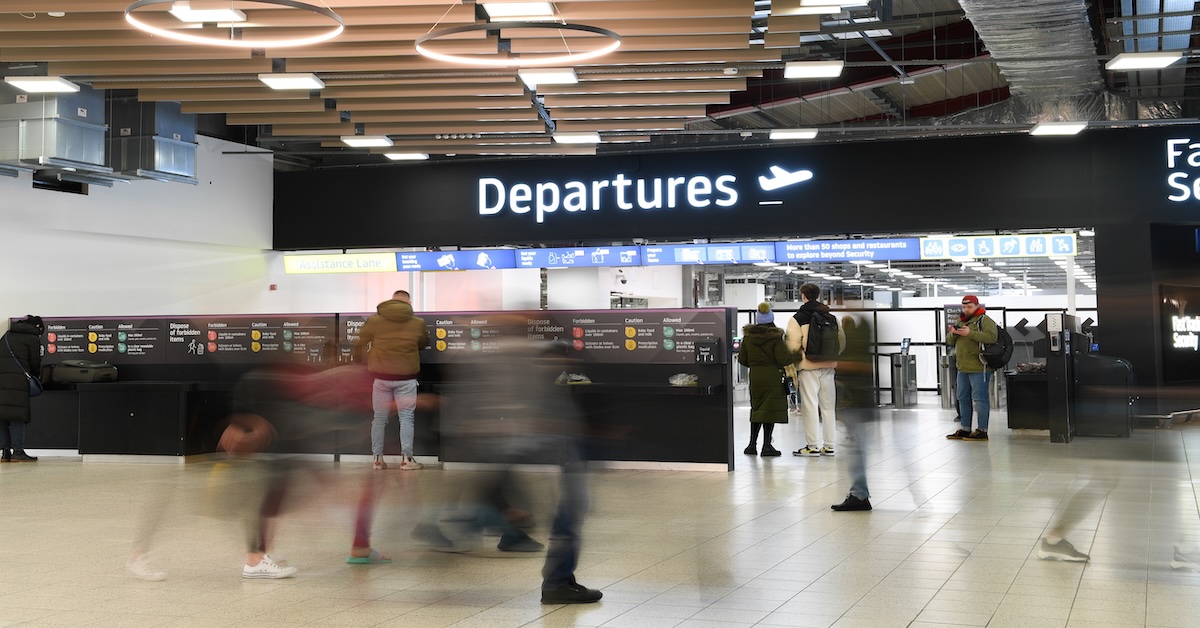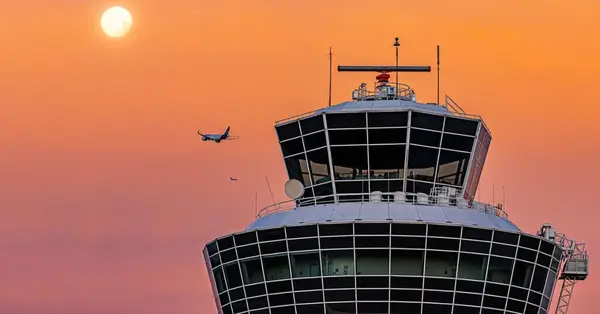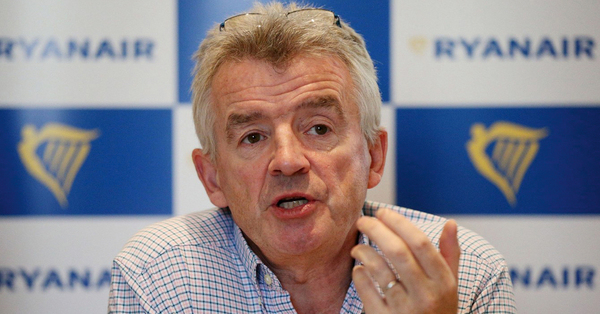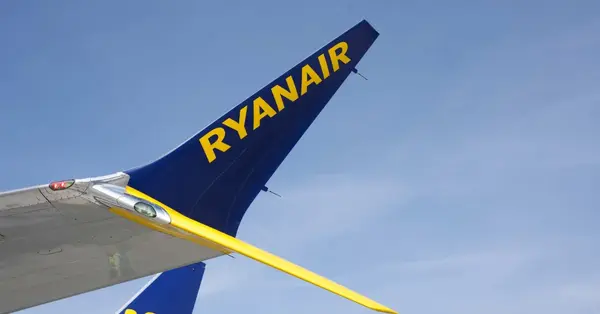Airlines form non-profit Aviation Climate Taskforce
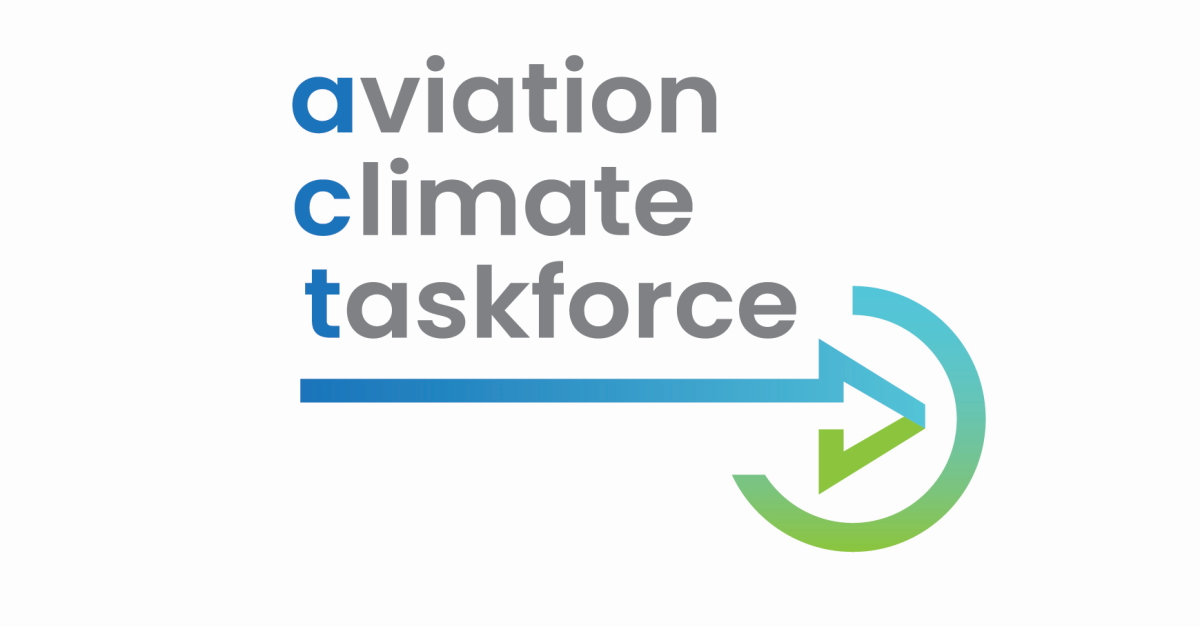
Virgin Atlantic, Air France KLM and Delta Air Lines, with Boston Consulting Group, have formed the Aviation Climate Taskforce – a new non-profit organisation set up to accelerate breakthroughs in technologies to decarbonise aviation.
Virgin Atlantic’s interim carbon targets announcement on mission to achieve net zero by 2050 – and Air France-KLM today announced it will be bringing its targets for reducing CO2 emissions in line with the UN Paris Climate Agreement struck in 2015.
The Aviation Climate Taskforce (ACT) is tasked with stimulating innovation in the next generation of technologies, principally focussed on medium-term solutions such as synthetic fuel and direct air capture.
Over time, it plans to expand the portfolio to include more near-term solutions, such as bio-based Sustainable Aviation Fuel pathways, and long-term solutions such as hydrogen technologies.
The airlines say ACT’s mission will be supported by two pillars: an Innovation Network and a Collaboration Forum to help accelerate innovation and expedite adoption.
They say that, as the aviation sector focuses on decarbonisation, a “portfolio of solutions” will be required to reach net zero by 2050 and intend to scale up Sustainable Aviation Fuels (SAF) to meet a target of them accounting for 10% of fuels by 2030.
Virgin Atlantic chief executive Shai Weiss said: “We’re proud to be founding members of the Aviation Climate Taskforce, working with industry partners to accelerate technological innovation and reduce carbon emissions over the next 30 years.
“We strongly echo the need for a portfolio approach and continued collaboration across the energy and aviation value chains. Through its focus on breakthrough technologies, the Aviation Climate Taskforce, will support near and medium-term innovations in emerging SAF pathways, as well as longer term breakthroughs such as electric and hydrogen flight.”
Earlier this month, Virgin Atlantic announced its carbon targets as part of a renewed mission to achieve net zero by 2050. These include an increased fleet efficiency and committing to the use of 10% Sustainable Aviation Fuels (SAF) in 2030 and reinforcing the airline’s commitment to embed sustainability through innovation, transparency and accountability.
Air France-KLM, Air France and KLM have each signed a letter of intent in which the group declares its commitment to cooperating with the Science Based Targets initiative (SBTi). They said “a corresponding path will be established and validated” based on scientifically substantiated targets to reduce CO2 emissions and working in consultation.
“We are committing ourselves to the CO2 reduction path developed by SBTi specifically for the airline industry,” said KLM chief executive Pieter Elbers. “This will bring our targets further in line with the Paris Climate Agreement.
“The earth has clear limits as to how we use our resources and the volume of emissions we generate. In recent years, we have worked hard at a national, European and global level to cooperate, innovate and define agreements.
“By establishing SBTi, we can further reduce our CO2 emissions step by step in a transparent manner. Initiatives including fleet renewal, Sustainable Aviation Fuel (SAF) and further operational innovation and efficiency will enable us to achieve the targets.”
SBTi is a partnership between four NGOs and knowledge institutions: the Carbon Disclosure Project (CDP), World Resources Institute (WRI), UN Global Compact and World Wide Fund for Nature (WWF) and is designed to help private sector organisations set climate targets in line with the Paris Climate Agreement, based on what science tells them is necessary to honour the agreement, and to give short and medium-term targets concrete shape.
You have viewed both of your 2 free articles this month as an unregistered user
To continue reading, please register with Travel Weekly free of charge, or if you have already registered click here to login



